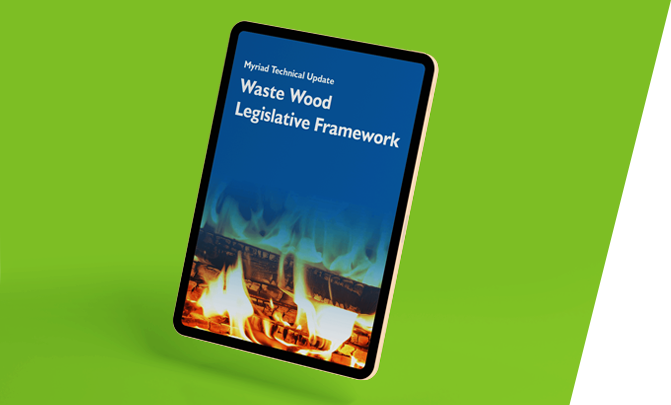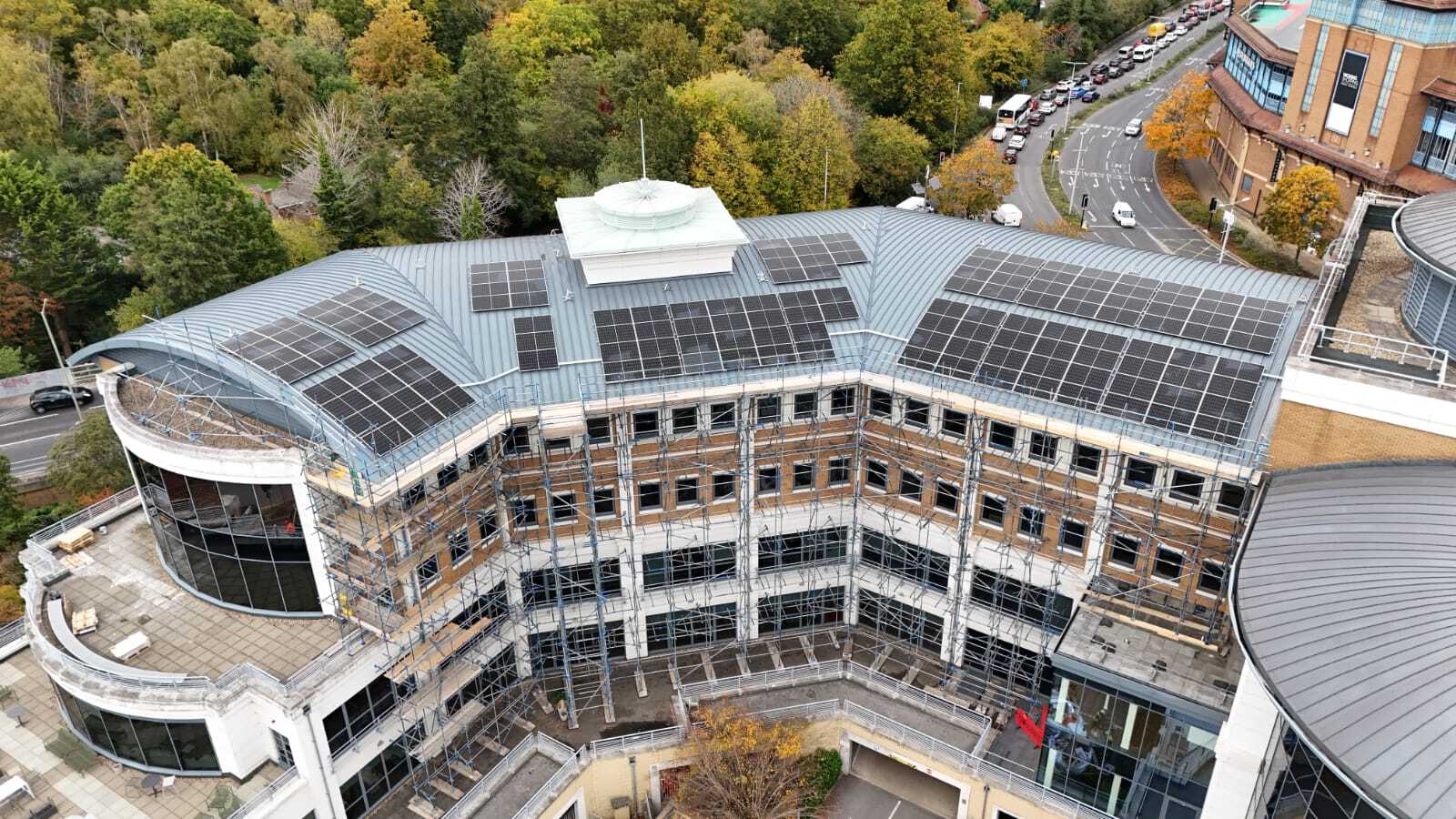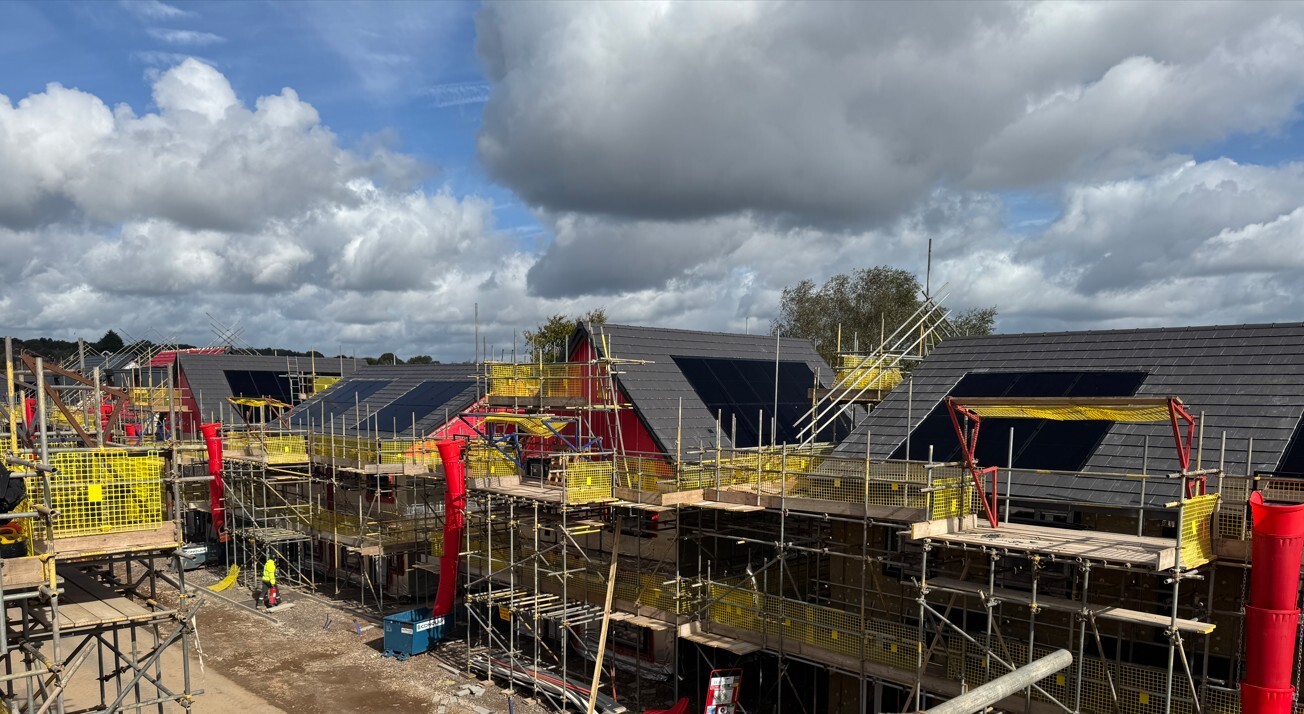Electrostatic Precipitation particulate filters are now integrated into our Biomass boilers
Electrostatic Precipitation particulate filters are now integrated into our Biomass boilers
Cleaner Heat: Replacing Old Biomass Boilers with Modern Units Fitted with ESPs
Across the UK, many businesses, estates, and institutions installed biomass boilers over a decade ago, often supported by the Renewable Heat Incentive (RHI). While these systems have provided low-carbon heat and financial returns, many now face a growing challenge: high particulate emissions.
Older biomass boilers, particularly those using wood chip or lower-quality fuel, can produce significant levels of fine particulate matter (PM), which contributes to air pollution and fails to meet today's environmental expectations. If you're operating an ageing biomass system, now is the ideal time to consider an upgrade — not just for performance, but for cleaner air and future compliance.
The Case for Replacement
Retrofitting filters to older boilers is possible but can be costly and complex, and it doesn’t always address other age-related issues such as declining combustion efficiency, higher maintenance needs, and outdated control systems.
The smarter route is often replacing the boiler entirely with a modern unit that comes factory-fitted with an Electrostatic Precipitator (ESP).
What Is an ESP?
An ESP is a highly efficient filtration device that removes fine particulates from flue gases using an electric charge. It captures even the smallest dust and ash particles — including PM2.5 and PM10 — that would otherwise be released into the atmosphere. Modern ESPs can reduce particulate emissions to below 5 mg/m³, far outperforming the emission levels of older systems.
The Benefits of Upgrading to a Boiler with Built-in ESP
1. Drastically Reduced Emissions
Replacing an old boiler with a new, clean-burning unit that includes an ESP will significantly cut flue gas particulates. This is not only essential for environmental compliance but also for improving local air quality — especially important if your site is in or near an urban area, school, or residential zone.
2. Future-Proof Compliance
Air quality standards are tightening. Local authorities and environmental bodies are increasingly focused on reducing airborne particulates. Upgrading your boiler now ensures your system will remain compliant in the future, avoiding potential penalties, enforcement actions, or RHI complications.
3. Smoother Planning and Stakeholder Approval
If you’re applying for planning permission for an upgrade or face scrutiny from nearby residents or environmental officers, specifying a system with integrated emissions control is a strong message of environmental responsibility.
4. Improved Efficiency and Lower Maintenance
New biomass boilers are cleaner burning, more efficient, and require less day-to-day maintenance. With fewer particulates entering the system, internal surfaces and flueways stay cleaner for longer, reducing servicing costs and downtime.
Conclusion
Upgrading your biomass boiler isn’t just about replacing worn-out equipment — it’s an opportunity to reduce emissions, enhance performance, and show leadership in sustainable heat. Choosing a new boiler with an inbuilt ESP ensures your system is clean, compliant, and ready for the future. Talk to an experienced biomass partner today to explore the best upgrade options for your site.
Give us a call to discuss how by replacing your biomass boiler with one with an inbuilt ESP will reduce your boiler emissions
0203 189 0666
If you would like to discuss this or any other project then give us a call 0203 189 0665





News








